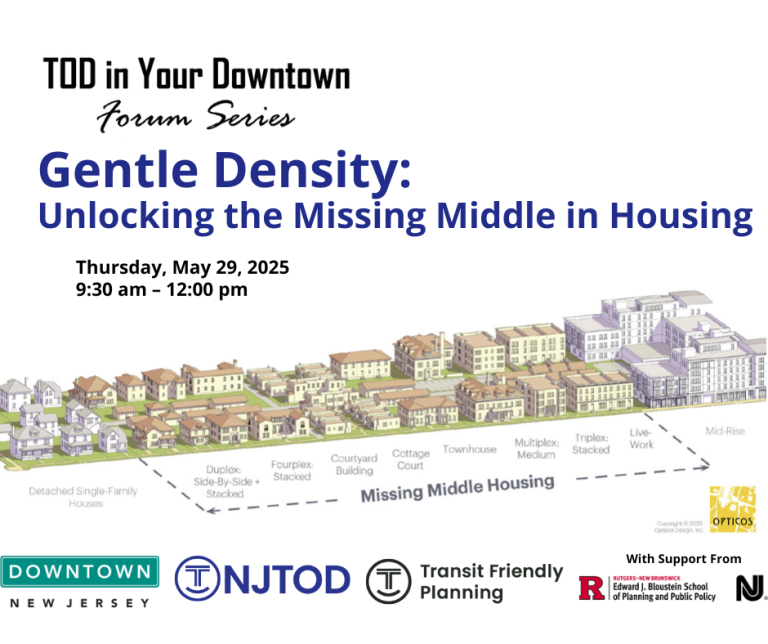Legislation due for a vote on concurrence with the Governor’s conditional veto on Monday (December 20, 2021) will put a heavy burden on small business in NJ’s downtowns. Please call and write your Assembly representatives today to relay your concerns and ask them to VOTE NO on Monday. Find your legislator>
The legislation (A4630/S577) requires that the owner or tenant of a retail establishment or distribution center with more than 20 employees that benefits from any public monies from the State or its subdivisions be required to negotiate a labor harmony agreement with the appropriate union(s).
As written, the definitions in the legislation are so broad, sweeping, and ambiguous that they will impact innumerable retail and distribution establishments and will have a disastrous impact on the small businesses that help our downtowns thrive.
- We understand the desire to ensure fair labor practices. Large companies and chains may have the resources to add the bureaucratic time and expense to negotiate with labor unions, but small businesses do not have the organizational or financial resources to navigate the labor harmony agreement process. An establishment with 21 employees…30…50…is a small business and would be obligated under this legislation to pursue a labor harmony agreement if their business or the space they are leasing receives any State or local public funds.
- The definition of “proprietary interest” is overreaching and ambiguous. It includes the retail space that receives a façade improvement grant from a SID, the establishment that got a startup loan from a county economic development agency, the business that participates in the UEZ tax incentive program. These programs are intended to help create new small business opportunities and enable existing small businesses to thrive and grow. Instead, they will be hampered by the additional bureaucratic burden associated with negotiating a labor harmony agreement.
- It unfairly impacts businesses that do not receive direct benefit from public monies. The legislation specifically excludes construction work for a covered project, but potentially applies to the future restaurant tenant in a building that received a PILOT from a municipality. In this case, the developer gets the benefit, but the tenant gets the burden (that’s if they can even find a tenant).
- The waiver process is onerous and unrealistic. As written, for every potential tenant of more than 20 employees in a tax abated building, every small business grant or loan, any pittance of a public subsidy, the public body must solicit input from the labor union(s) and provide written findings and supporting documentation to the NJ Department of Labor to gain relief. Not only is this a tremendous burden on local government to prove each and every case, the State will be overrun with requests. Not to mention that the red tape will surely scare away many potential businesses.
Ultimately, businesses will go where there are the least roadblocks. For some, it means picking that sprawl retail space on the highway that didn’t need/use subsidies, as opposed to the building in a downtown revitalization area. For others, it may mean going to another state altogether. No matter what, this legislation is bad for small business and bad for our downtowns. Ask your Assembly representatives to VOTE No to show their continued support for small business!



